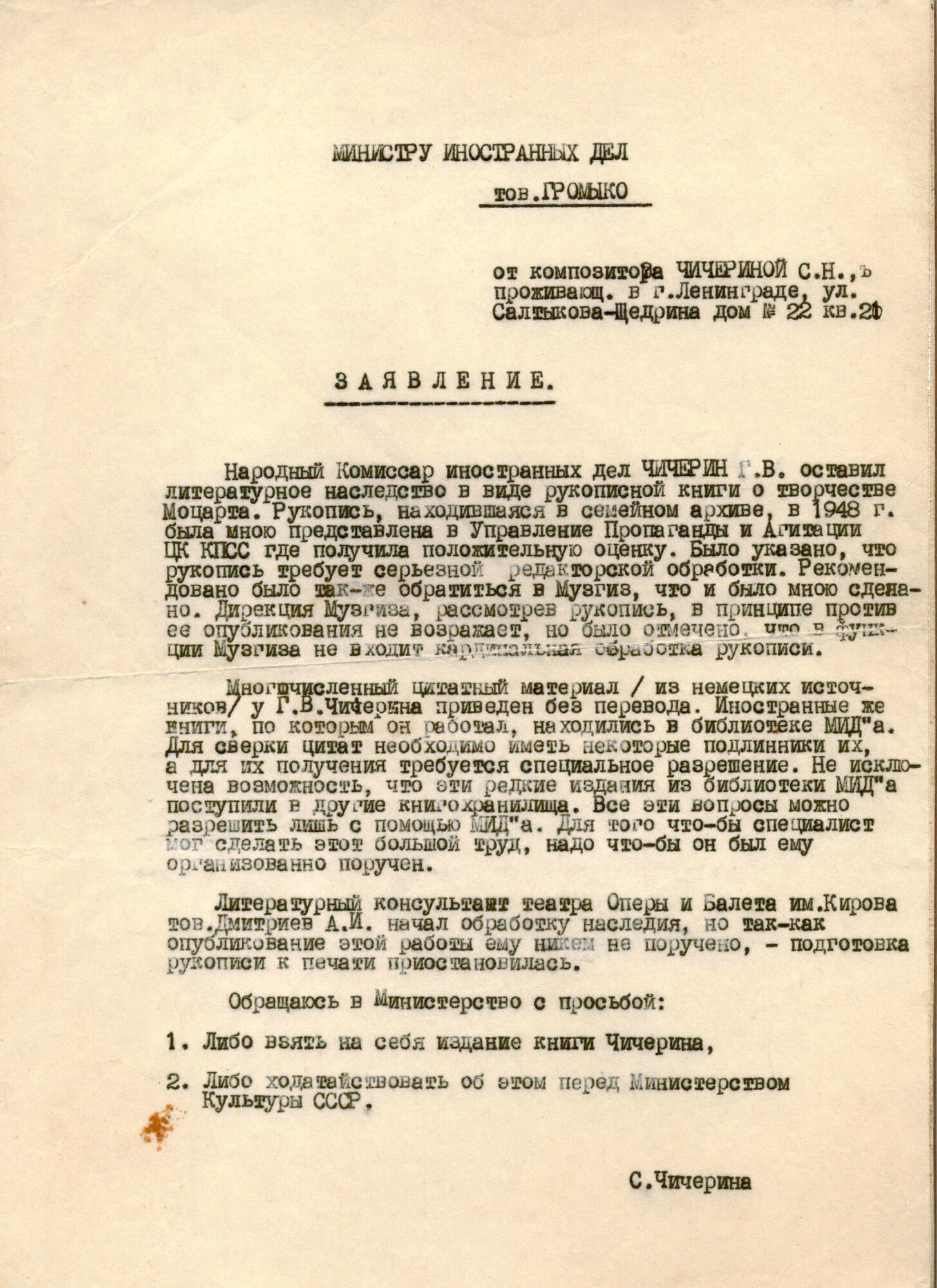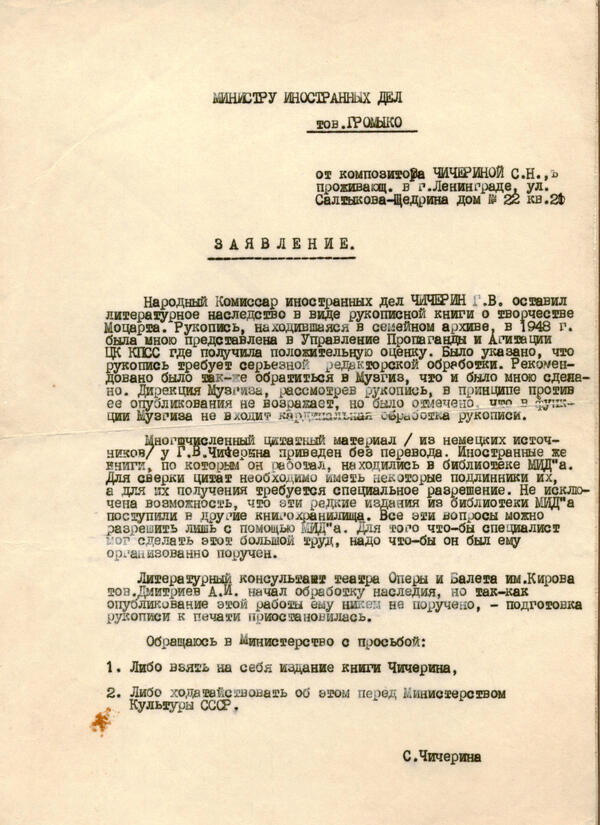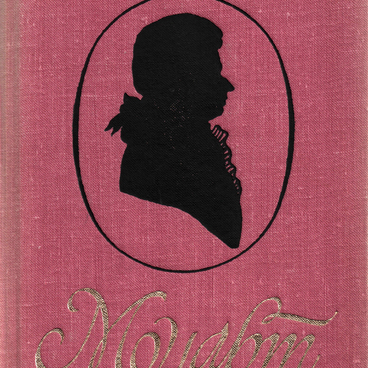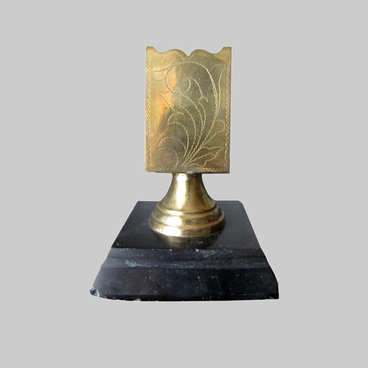Sophia Chicherina was born on November 10, 1904 in the family of hereditary nobles Natalia and Nikolay Chicherin. Since both the mother and father had a talent for educational activities, they opted for home schooling for their daughter on the family estate. In addition, the estate housed an impressive library and art gallery, as well as musical instruments, for example, a piano.
After the events of 1917, the family was forced to leave Pokrovskoe and settle in the town of Kozlov (currently Michurinsk, Tambov region). Then the girl began to attend the Alexandrinsky Institute for Noble Maidens, where she actively participated in lectures and circles.
In 1924, Sophia Chicherina entered the piano department of the Leningrad Conservatory, but later became interested in the composer department. The girl was distinguished by propensity for improvisation and independent creativity. As a result, she became one of the first women in the country to have a composer’s diploma.
During her student years, Sopha Chicherina worked as a pianist in clubs and theaters, where stagings and performances were made with musical accompaniment. At the same time, he wrote her first romances and the cycle “From Songs”.
Georgy Chicherin, People’s Commissar and expert on cultures, received copies of her debut works for evaluation. In reply letters, the uncle reflected on the peculiarities of his niece’s style, advised her to engage in self-criticism more often and wished “success on the path where she entered.”
In turn, the relative contributed to the preservation and publication of the manuscript of Georgy Chicherin. After the death of the father, Sophia Chicherina inherited the original research on Wolfgang Amadeus Mozart, an Austrian composer. To overcome bureaucratic obstacles and print a book in the USSR, she had to contact music publishing houses, as well as Andrei Vyshinsky and Andrei Gromyko, foreign ministers.
One of those statements is included in the collection of the house-museum. The paper was donated by Georgy Nikolaev, her son.
During the years of World War II, Sopha Chicherina managed to endure the Leningrad blockade and the Novosibirsk evacuation. However, the woman did not stop composing vocal and instrumental compositions for radio and concert brigades at the front.
At the end of her life, her professional portfolio turned out to be extremely versatile in genres and form. Among the works of the Russian composer, one can find: symphonies and suites for orchestra, sonatas for piano and even children’s songs.
After the events of 1917, the family was forced to leave Pokrovskoe and settle in the town of Kozlov (currently Michurinsk, Tambov region). Then the girl began to attend the Alexandrinsky Institute for Noble Maidens, where she actively participated in lectures and circles.
In 1924, Sophia Chicherina entered the piano department of the Leningrad Conservatory, but later became interested in the composer department. The girl was distinguished by propensity for improvisation and independent creativity. As a result, she became one of the first women in the country to have a composer’s diploma.
During her student years, Sopha Chicherina worked as a pianist in clubs and theaters, where stagings and performances were made with musical accompaniment. At the same time, he wrote her first romances and the cycle “From Songs”.
Georgy Chicherin, People’s Commissar and expert on cultures, received copies of her debut works for evaluation. In reply letters, the uncle reflected on the peculiarities of his niece’s style, advised her to engage in self-criticism more often and wished “success on the path where she entered.”
In turn, the relative contributed to the preservation and publication of the manuscript of Georgy Chicherin. After the death of the father, Sophia Chicherina inherited the original research on Wolfgang Amadeus Mozart, an Austrian composer. To overcome bureaucratic obstacles and print a book in the USSR, she had to contact music publishing houses, as well as Andrei Vyshinsky and Andrei Gromyko, foreign ministers.
One of those statements is included in the collection of the house-museum. The paper was donated by Georgy Nikolaev, her son.
During the years of World War II, Sopha Chicherina managed to endure the Leningrad blockade and the Novosibirsk evacuation. However, the woman did not stop composing vocal and instrumental compositions for radio and concert brigades at the front.
At the end of her life, her professional portfolio turned out to be extremely versatile in genres and form. Among the works of the Russian composer, one can find: symphonies and suites for orchestra, sonatas for piano and even children’s songs.



